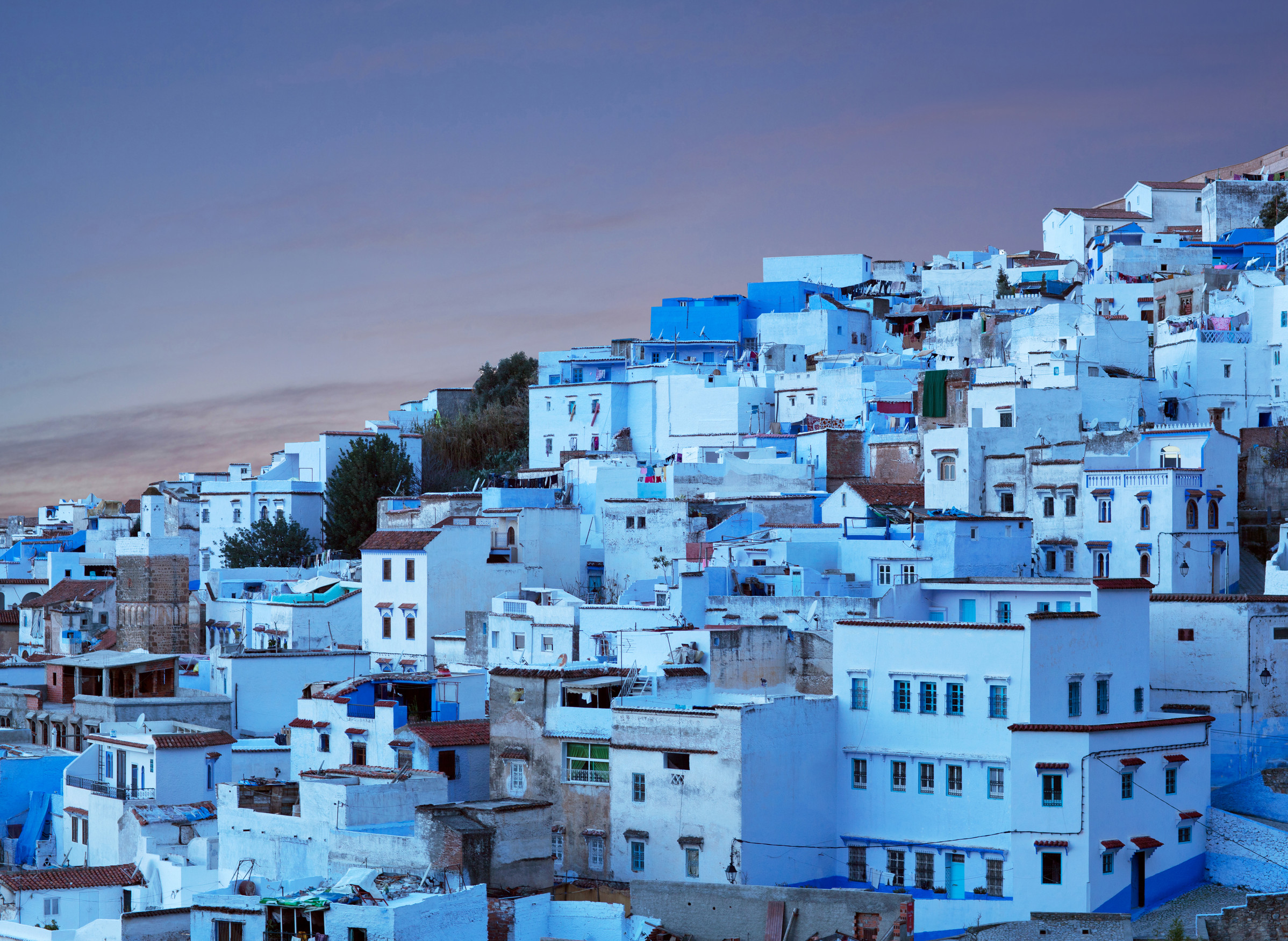
Morocco has been declared the new leading tourist destination in Africa, having taken over from Egypt, which was the leading country in international arrivals on the continent. Morocco received 17.4 million tourists in 2024, against 15.7 million visitors to Egypt, according to the Ministry of Tourism.
This indeed reflects the remarkable recovery and growth of tourism in Morocco after the pandemic. The 17.4 million arrivals mark a 20% increase from 2023 and a 33% jump compared to the pre-pandemic levels of 2019, when the country hosted 13 million visitors. Remarkably, these figures have beaten projections by two years and show the accelerated progress of Morocco in achieving its tourism goals. Morocco is set to become Africa's most-visited country in 2024, attracting travelers with its rich culture, stunning landscapes, and vibrant cities. Don’t forget to secure your Morocco visa before visiting!
Morocco's tourism success is fueled by expanded air connectivity, luxury accommodations, and diverse attractions that cater to a wide range of travelers. Strategic marketing and upcoming global events further cement its status as a top destination.
The addition of 120 new airline routes in 2024 has given a significant push to Morocco's tourism boom. Most notably, American Airlines offers a direct route from Newark to Marrakech, which increases the destination's accessibility for North American travelers.
It is also making Morocco an attractive destination for the world's high-end travelers, along with luring global luxury hotel brands such as Four Seasons and Nobu. Another reason for growing interest in Morocco as a luxury destination has been the development of Casablanca property, Royal Mansour.
The country's tourism strategy has expanded beyond traditional hotspots like Marrakech and Casablanca to include coastal towns, the Sahara Desert, and UNESCO World Heritage sites. These have indeed attracted a wider range of travelers, from adventure seekers to cultural enthusiasts.
Significantly, Morocco has scheduled international events that are likely to boost its profile. Morocco is set to host AFCON, a first-class soccer tournament, in 2025. Morocco is also lined up to co-host the FIFA World Cup with Spain and Portugal in 2030, a move projected to increase the annual tourist arrivals to 26 million.
Tourism has been playing a key part in Morocco's economy. Income from tourism grew in 2024 was one step higher than recorded in the previous year, 2023. Although Egypt is still number one in raking in tourism income last year, Morocco's successive growth underpins its competitive advantages.
Tourism is a cornerstone of Morocco’s economy, contributing approximately 7% to the nation’s GDP and generating significant employment and foreign currency. The sector’s rapid growth aligns with Morocco’s Vision 2025 strategy, which aims to position the country among the world’s top 20 tourist destinations.
Key elements of Vision 2025 include:
By 2030, Morocco is targeting 26 million annual visitors, up 50% on 2024. The continued emphasis on public-private partnerships, sustainable tourism, and strategic marketing by the government bodes well for the future performance of the sector.
Building on its 2024 success, Morocco aims to attract 26 million tourists annually by 2030, further cementing its place as a global tourism leader. The country is preparing for major international events, including the 2026 Africa Cup of Nations and the 2030 FIFA World Cup, which Morocco will co-host with Spain and Portugal.
To sustain its growth, Morocco is prioritizing sustainable tourism practices. These include measures to manage over-tourism, protect fragile ecosystems, and maintain the integrity of its cultural landmarks.
To sustain its tourism growth, Morocco must address key challenges:

Strategic planning and investment have so far enabled Morocco to rise as Africa's most-visited country. Its feats have set a benchmark for other African nations on how focused efforts in infrastructure, connectivity, and branding can pay off in tourism growth.
From cultural richness to natural beauty and modern amenities, Morocco is not only a leading destination in African tourism but also an emerging star on the world travel stage. The journey of the Kingdom of Light itself inspires countries in using tourism as a driver for economic prosperity combined with cultural exchange.
Step1: Complete the online application by entering your passport details.
Step2: Make the payment online using a credit card.
Step3: Check your email for the payment confirmation and receive your e-visa.